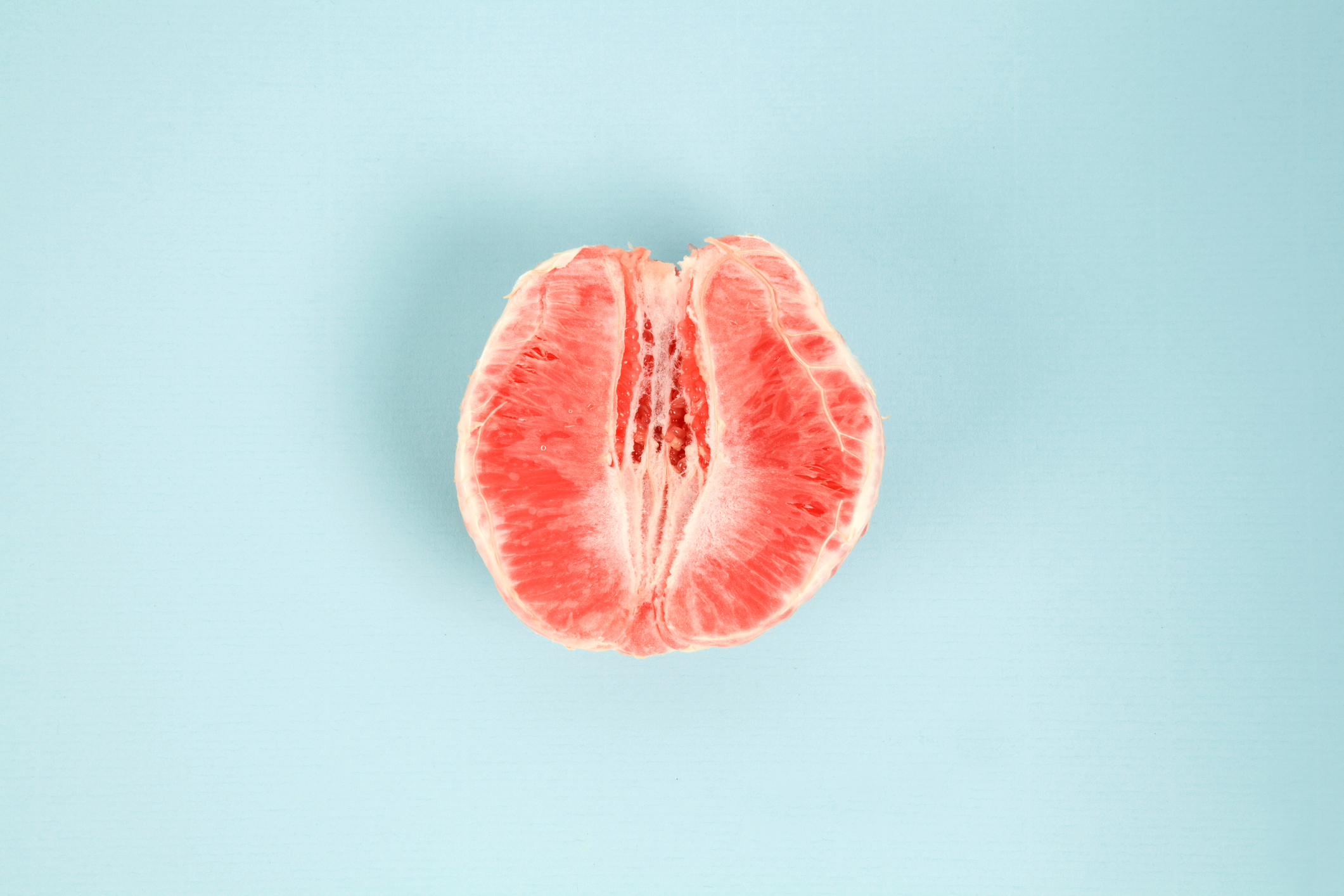For many singles (and even some couples), self-isolation has meant abstaining from sex, whether they’ve been practicing physical distancing for safety reasons or just not feeling very sexual—which is completely okay! But after a while of no intimacy, it’s easy to wonder…Is not having sex healthy? And will our vaginas change from abstaining for a long time?
You might be familiar with myths (such as vaginas “close up” if we stop having sex), but we connected with sex experts to find out exactly if certain myths are true.

How does a vagina operate?
According to Dr. Bal Pawa, cofounder of Westcoast Women’s Clinic and author of The Mind-Body Cure: Heal Your Pain, Anxiety, and Fatigue by Controlling Chronic Stress, vaginas are “a tube-like structure that connects the vulva (outside vaginal lips) to the cervix (opening to the uterus). It is made of the same type of skin like the inside of your mouth and is surrounded and supported by muscles in the pelvic region.”

While Dr. Pawa claims that the folds of the vagina are normally collapsed, they can expand to accommodate a large baby or hold a tampon in place. Plus, “fluids released by the inner cells help keep the vagina moist and lubricated, especially during sexual arousal,” she tells HelloGiggles. Additionally, says Dr. Pawa, your vagina can contain medication, like for yeast infections or birth control, while also having a self-cleaning capacity due to its ample blood supply and fluid production. In other words, your vagina is pretty awesome, with or without sex.
Do vaginas shrink or close up?
“Taking a break from penetrative sex doesn’t cause the vagina to universally tighten up,” says O’Reilly. However, if it feels as though you’re tighter after a sex break, she says that might be because you’re out of practice.
“You may be more tense, uncomfortable, or unfamiliar with feelings of arousal that facilitate penetration. Perhaps you need to take more time to become aroused,” she says. “Being out of practice can also mean that it takes you longer to get in the mood. You may not want to fully let go and relax into the experience.” This doesn’t mean that a break was a bad thing but simply that you may need to become reacquainted with the sensations and experiences of arousal, desire, and orgasm.
“A little tension can be exciting, so don’t fret if you have to put some time and effort into re-exploring your sexual response,” says O’Reilly, who recommends touching around the outside of your vagina, using lots of lube, and playing with toys to heighten pleasure.
And don’t worry about your hymen growing back—that’s a complete urban myth. “Even when you are not having sex, your ovaries continue to produce sex hormones (estrogen and progesterone), which cause the tissues to remain moist and flexible. You still have a normal blood supply to the area.”
Dr. Pawa notes that it’s important to remember that the vagina changes throughout the reproductive life of a woman, from puberty to menstruation to pregnancy to perimenopause and menopause.

Can a vagina’s health be affected by abstinence?
Are you worried about the health of your vagina because she hasn’t gotten any action recently? Don’t be. According to Dr. Pawa, if you don’t have sex for a while, your vagina continues to function normally as long as your hormones are balanced and stable.
While she cites that there are numerous medical studies to corroborate the physiological and emotional benefits of having a regular, healthy sex life—including improved bladder control, higher self-esteem, and stronger pelvic floor muscles—“there are no direct medical complications from being celibate and not having sex for long a time.”
Source- Brianne Hogan

